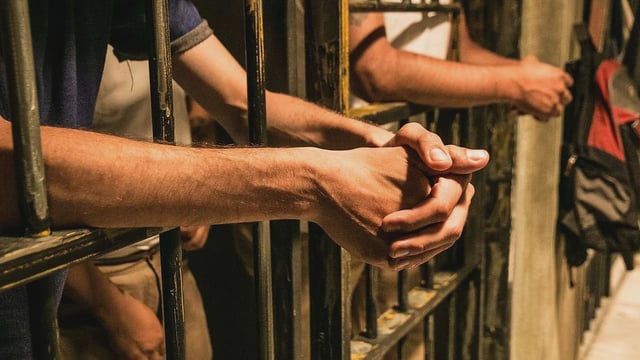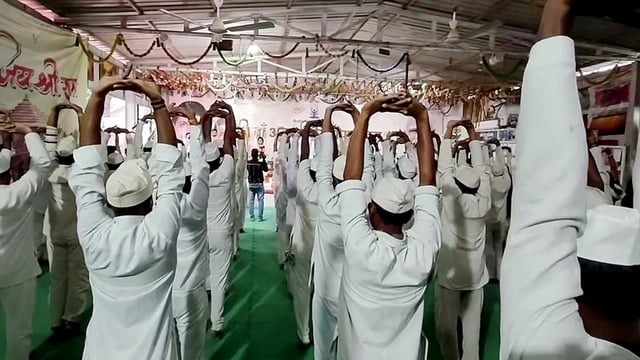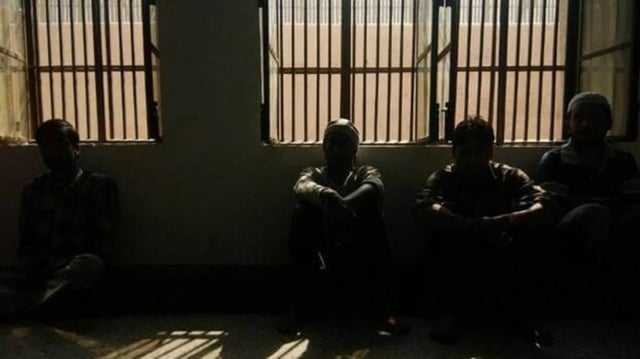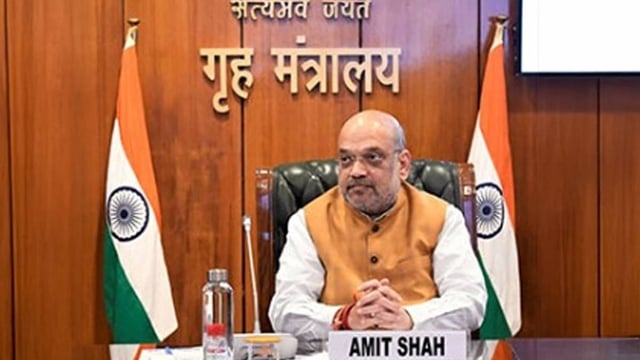Overview
- The Ministry of Home Affairs has declared radicalisation in prisons a critical internal security threat and issued guidelines mandating inmate screening, periodic risk assessments, segregation of high-risk individuals and tailored de-radicalisation exercises.
- States and UTs are instructed to develop standardised screening tools, isolate radical-inclined inmates in dedicated high-security complexes or wings and maintain enhanced surveillance through intelligence mechanisms.
- Rehabilitation measures outlined in the guidelines include cognitive behavioural therapy, mental health counselling, religious engagement, vocational training, formal education, recreational activities, staff sensitisation and family contact.
- Early adopters among states and UTs have started setting up risk assessment frameworks, segregated units and targeted de-radicalisation programmes in various correctional facilities.
- In a coordinated NIA operation days after the guidelines were issued, three facilitators—including a prison psychiatrist and an assistant sub-inspector—were arrested for smuggling mobile phones and enabling a Lashkar-e-Taiba communication network at Bengaluru’s Parappana Agrahara prison.



